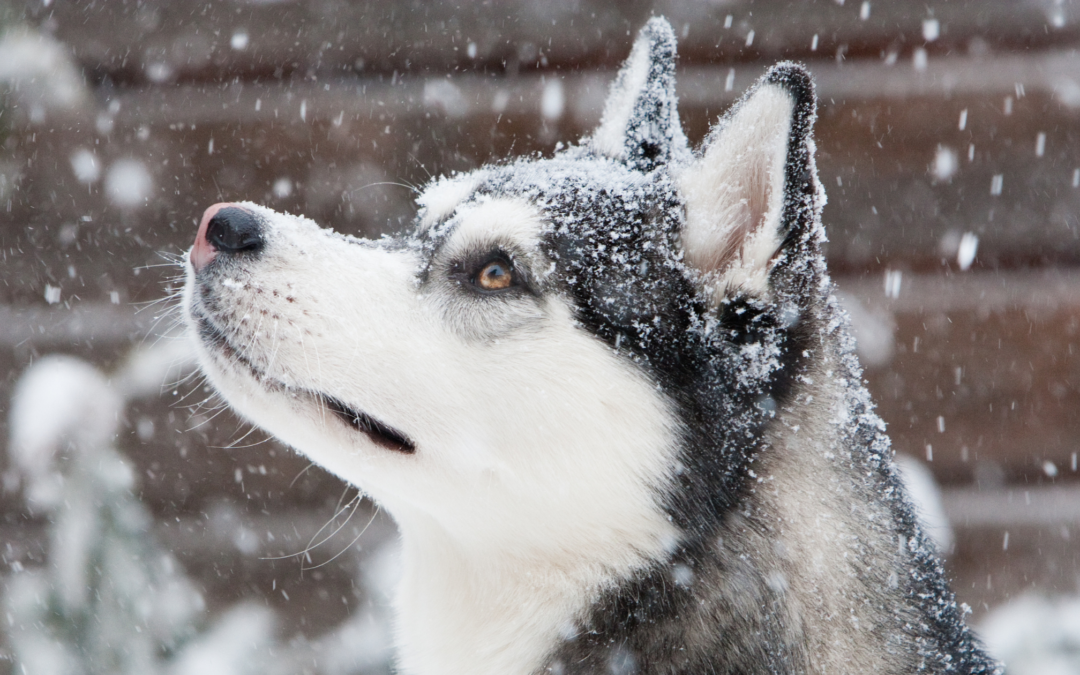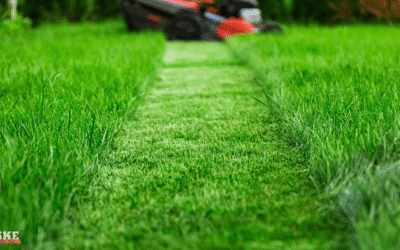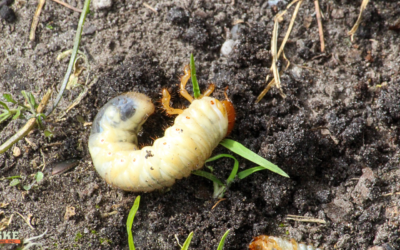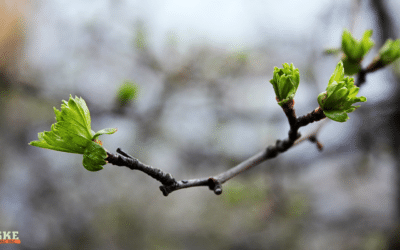June is prime time for lush, green lawns across Wisconsin. The combination of warm days, cooler nights, and occasional rain makes this one of the most active growing periods for cool-season grasses like Kentucky bluegrass, ryegrass, and fescue—all common in...

Winter Lawn Care Tips for Pet Owners: How to Create a Safe Outdoor Space
As the chill of winter sets in, pet owners face the dual challenge of keeping their lawns healthy while ensuring a safe and enjoyable environment for their furry companions. Here are some essential tips to help you navigate winter lawn care as a pet owner.
1. Choose Pet-Friendly De-icing Products
Winter often brings ice and snow, requiring the use of de-icing products. However, many common de-icers can be harmful to pets, causing irritation to their paws or issues if ingested. Opt for pet-safe de-icers, which are typically made from urea or magnesium chloride, and avoid products with calcium chloride or sodium chloride.
2. Regular Paw Cleaning
After outdoor play, always wipe your pet’s paws to remove any ice, snow, or de-icing chemicals. This practice not only protects their paws but also prevents them from licking off any toxic substances they might have stepped on.
3. Maintain Your Lawn Regularly
Even in winter, it’s important to keep your lawn mowed and leaves raked. A well-maintained lawn prevents the accumulation of damp leaves which can harbor mold and other harmful agents. Shorter grass also deters rodents and other pests that might be a danger to your pets.
4. Fence and Monitor Your Lawn
To keep your pets safe, ensure that your lawn is securely fenced. This barrier not only keeps your pets from wandering off but also prevents wild animals from entering your yard. Regularly inspect the fence for any damage or gaps.
5. Avoid Toxic Plants and Chemicals
Some common winter plants, like holly and mistletoe, are toxic to pets. Ensure your garden is free of these and other harmful plants. Also, avoid using chemical-based fertilizers or pesticides on your lawn, as these can be hazardous to pets.
6. Provide Shelter and Warmth
If your pet spends a lot of time outdoors, make sure they have a warm, dry place to take shelter. A good dog house, insulated and elevated from the ground, can provide the necessary refuge from the cold.
7. Monitor Outdoor Time
During extreme cold spells, limit the amount of time your pet spends outside. Prolonged exposure to cold temperatures can lead to frostbite and hypothermia.
8. Stay Vigilant About Hydration
Ensure your pet has access to fresh, unfrozen water. Pets can dehydrate just as easily in winter as they can in summer.
9. Use Safe Lawn Enhancements
Consider using pet-friendly lawn enhancers like mulch or peat moss. These materials are safe for pets and can help protect your lawn from the harsh winter elements.
10. Create Designated Bathroom Areas
To maintain lawn health, train your pet to use a specific area of the yard for bathroom breaks. This practice helps prevent lawn burn from pet urine and makes cleanup easier.
How Often Should You Mow in June? Lawn Growth Tips for Wisconsin Yards
What’s Bugging Your Lawn? Early Signs of Spring Pest Problems in Madison, WI
As the snow melts and the grass starts growing again, many Madison homeowners breathe a sigh of relief—spring is finally here. But as your lawn begins to wake up, so do some unwanted visitors. Grubs, ants, and other lawn-damaging pests start to emerge around late...
Is Spring Coming Early? What Warmer March Temperatures Mean for Your Lawn
Madison, WI, has been experiencing some warmer-than-usual temperatures this March, leaving many homeowners wondering if spring is arriving early this year. While an early warm-up can be exciting, it also brings unique challenges for lawn care. Grass may start growing...




Recent Comments